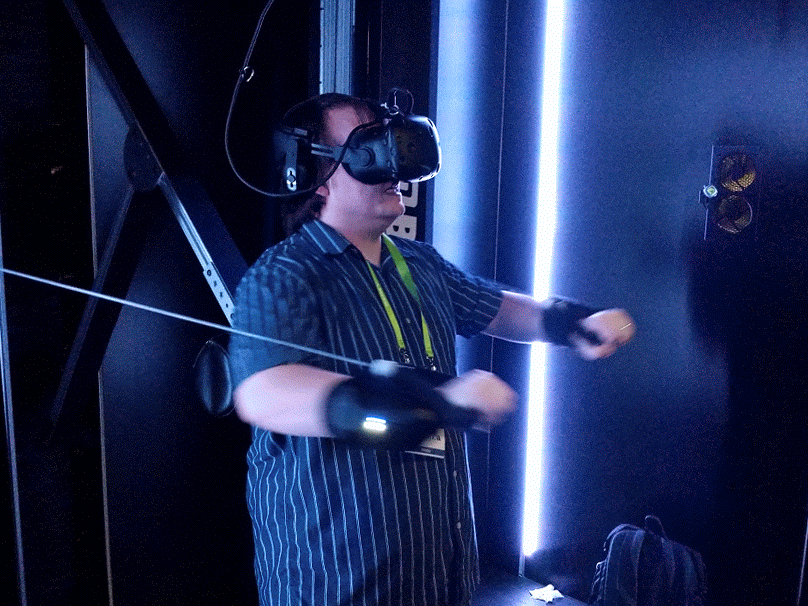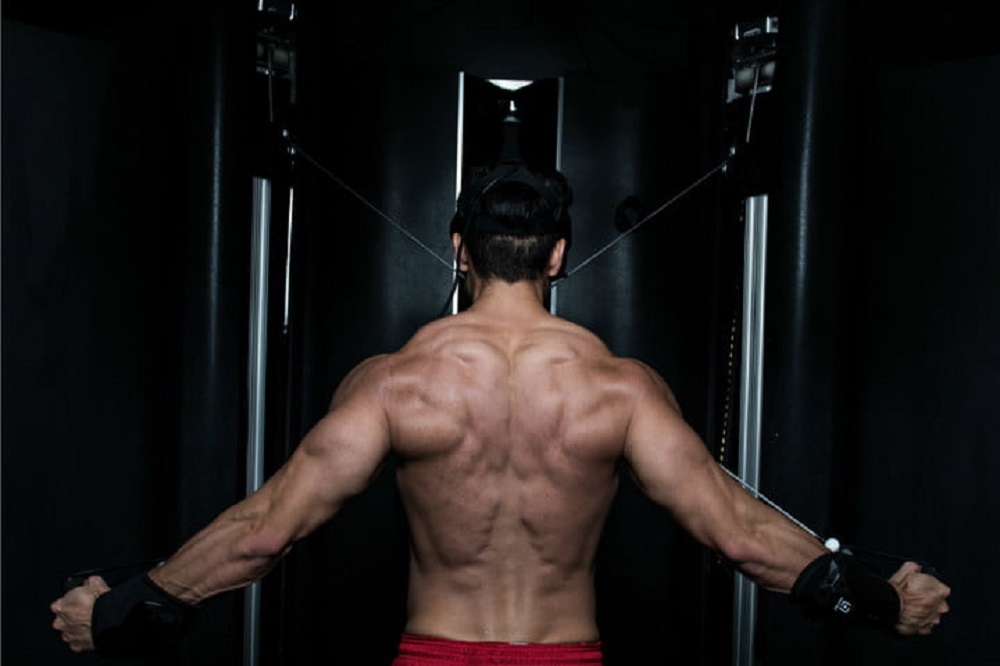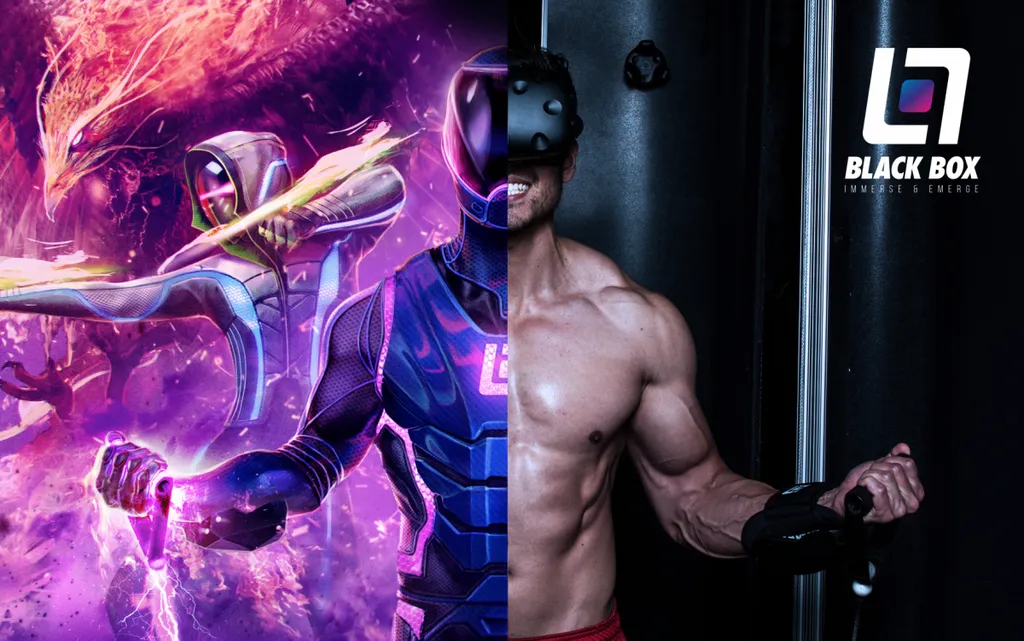I’m a chubby guy. I’ve been chubby ever since middle school and I don’t really have much of an excuse other than typical laziness, poor eating habits, and a lack of exercise. There are millions of people like me out there: people with the means and access to lose weight and be healthy, but a lack of motivation and interest.
So needless to say active VR games make me sweat. A lot. I still feel bad about whoever played Gorn after me at E3 last year.
We’ve written about Job Stauffer, a game developer that’s lost tons of weight simply from playing VR games like Soundboxing regularly and William Brierly, who lost over 50 pounds using the VirZOOM exercise bike.
In these first two years of consumer-grade VR’s access we’ve seen countless initiatives across a wide range of industries from video games and professional simulations to education, medicine, and therapy. The technology can be used to enhance most any part of life, including fitness, but the market is just now starting to figure that out.
Other VR fitness programs of course exist already, such as BoxVR and the Virtual Reality Institute of Health and Science is doing their part to measure calorie burn in various VR apps, but none have truly tapped into VR in a way that not only keeps people coming back for more, but keeps track of their progress and pushes them harder. Which is exactly where Black Box VR comes into play.

In the GIF above I’m using a chest press machine. In terms of physical movement I’m doing basically the same thing I’d do at any other gym: extending my arms to engage my chest, arm, and shoulder muscles.
The big difference here though is that I’m playing a game at the same time. I’m sitting atop a throne at one end of an arena where my enemy is stationed at the other. He’s sending a flood of minions at me that I can only defeat by doing a press to send a meteor hurtling downwards. Near the end of the battle my enemy is summoning giant, flaming birds that are flying all around the sky that I can defeat with the same attacks.
After about a minute of doing this relentlessly I started getting very tired. My arms and shoulders were burning, I could barely push them forward another inch, but the last bird on screen was still flying around, bugging me. Despite the exhaustion and pain, I pushed through for two more reps to kill that last bird. I’d have never done that if not for VR.
Games as exercise isn’t a brand new concept these days though. What makes Black Box VR so special is actually that it uses machine learning and some really clever AI tricks to adapt to your body and its needs. If the level is too easy, the machine knows and it will increase the weight resistance.
Once the business expands the same machine will also be able to do an entire body workout’s list of exercises. Different levels, abilities, and challenges in the game will be tied to each workout as it tracks, stores, and analyzes your results, pitting you against friend and other gym attendees. You’ll even get to attend a Black Box VR gym in private, in your own pod like the one I was in, with an HMD on, mentally engaged and far away from the real world.
It’s the kind of magic that actually makes me, of all people, excited about the idea of working out.

As Stauffer put it to me (he was helping run their booth at CES) Black Box VR is “basically like having a computer as a personal trainer, but in VR” and that sounds like exactly what I need in my life right now.
Black Box VR aims to start opening up gyms later this year. From what I’ve seen, they could be onto something here. There’s certainly plenty of reason for them to have won Best Startup at CES this year.
Let us know your thoughts down in the comments below!


























